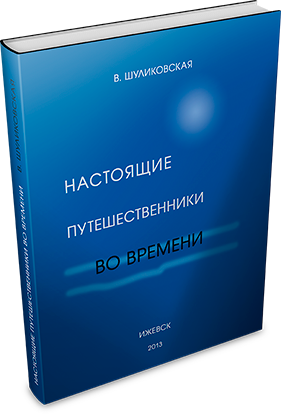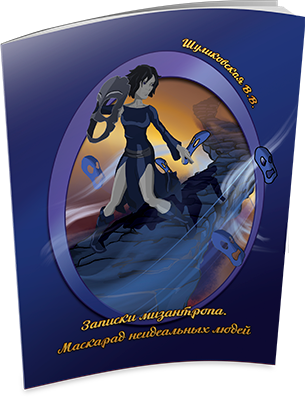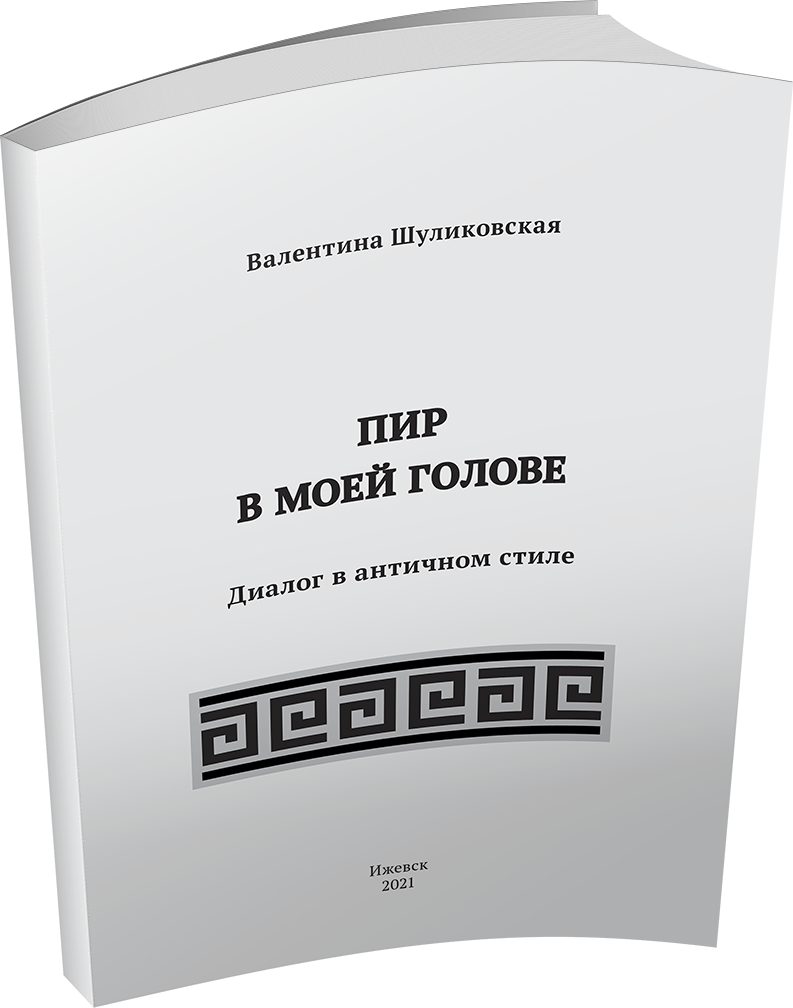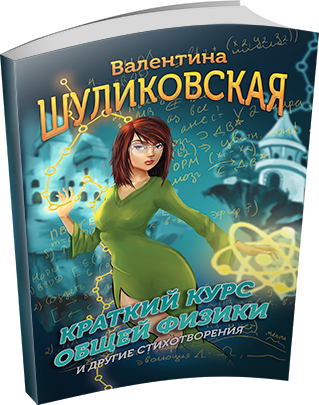

My Theses [1]
– If I have seen further, it is by standing on the shoulders of giants.
– However, if we all begin to climb onto the shoulders of one another, this pyramid will collapse under its own weight. There must exist somebody who would step aside to become the foundation of a new pyramid.
1. Nothing can exist forever: person, nation, science, God. In other words, I’ll never believe that a linear and unidirectional movement of society – so-called “progress” – can be infinite. I think that our current paradigm, that is, the European paradigm of the last 4 to 5 centuries, is going to come to its logical end, science included.
• I’ll never believe that the science created several centuries ago will exist until the end of human history.
• I’ll never believe that future generations will have nothing to do, except introduce little amendments into the already existing picture; for example, only to write more and more additional terms into one and the same formulae and call this procedure “physics”.
• I’ll never believe that every new generation of scientists will be obliged to learn more and more information created by their ancestors before they will be capable of creating new information.
• I’ll never believe that our technical devices will become more and more complicated, so complicated that more and more highly qualified specialists will be needed to work with any one of these devices. To be more precise, I’ll never believe that this growing complication can be eternal and infinite.
2. The history of Science – in using a capital letter, I mean our science, modern European science of the 16-21 centuries – mustn’t be detached from the history of the West in general. However, the drama of current Western civilization is over, or almost over.
• To me, all the cheating and corruption among scientists, which is so common now and which wasn’t possible 100 or 200 years ago, is the sign of the end. If I’m wrong and Science isn’t declining now, it will be in decline sooner or later.
• We’ll have a new science, which will neither agree nor argue with the currently existing one. It will just develop in quite another direction.
• In the beginning of its history, this new science will exist not with the help of our universities and academies, but in spite of them, not inside the universities, but outside them. That’s why the new science will try to criticize the old one.
3. Medieval science was accused of stupidity; it’s enough to remember Erasmus of Rotterdam with The Praise of Folly or books by Swift. I think that our Science will be accused of a lack of morality, of a tendency to make perfect egoists out of ordinary people. See, for example, La rebelión de las masas (The Revolt of the Masses) by José Ortega y Gasset.
• New generations will consider our epoch as a kind of Dark Ages, as we do with the medieval epoch.
• New generations will use the discoveries of our Science and will take them for granted in the same manner that we use the discoveries of the Middle Ages, romantic love, for example, or a lot of postulates of modern Law and Ethics.
4. This process of changing the scientific paradigm is natural; our Science is only a term in a very long series, only a link of a very long chain. The Renaissance epoch cannot be unique; we must have a series of renaissances with a similar sense: to throw away all previous knowledge and try to build something absolutely new, marking the process of qualitative changes in goals and methods of knowledge and inquiry – even more so in goals than methods.
5. The current scientific paradigm was, so to say, technical; science spoke the mathematical language. The most brilliant discoveries were related to the material side of life. I don’t assert it to be so, but I would be glad to believe that the next paradigm – paradigm of science, of religion, of civilization – will be related to moral sense and moral law. I would believe, for instance, that the current main principle of humanism: Any man has the right to live and to be happy – will be replaced by the following: Any man is immeasurably more complex than any theory might assert; the behaviour of any man is strictly unpredictable, much more unpredictable than the behaviour of all other nature, living or not. That is, the worst crime of the future won’t be murder, but a desire to give an exhausting explanation of a human being and to manipulate a human being.
6. The craziest of my beliefs is my faith that this search for moral law will make us consider life on Earth itself quite immoral in our direction of time, will make us change either the main principles which determine the behaviour of any living matter on Earth, or the movement of our consciousness in time. Quite an impossible dream, but who knows…
1 Translated from Russian by V.V.Shulikovskaya; edited by R.J.Myers.
© V.V. Shulikovskaya, 2015–2026.
Website development IPC ’Bon Anza’






 Rus
Rus

